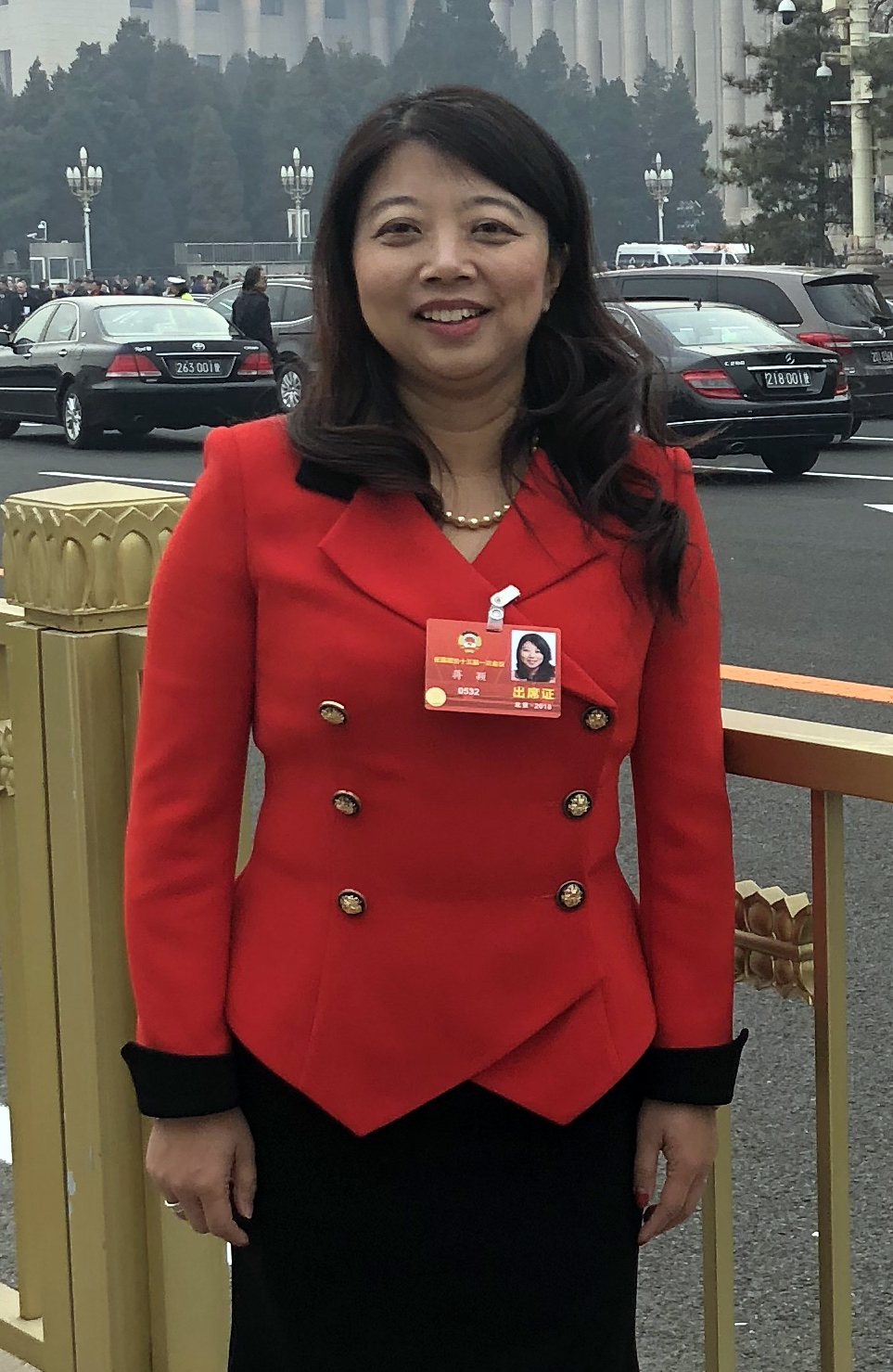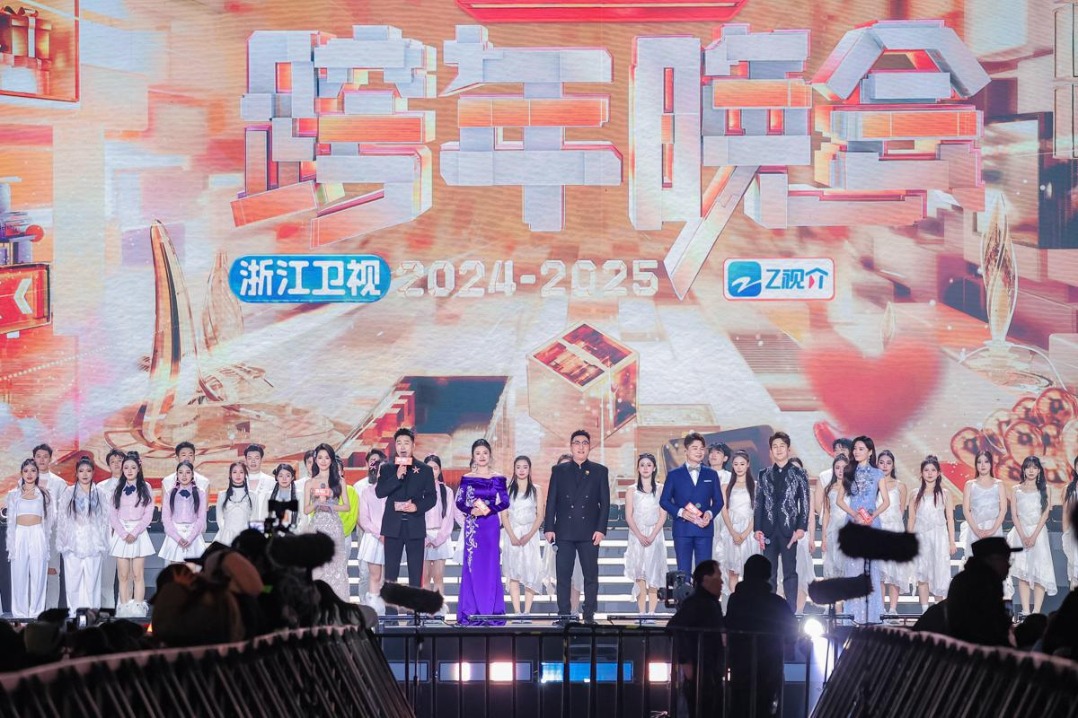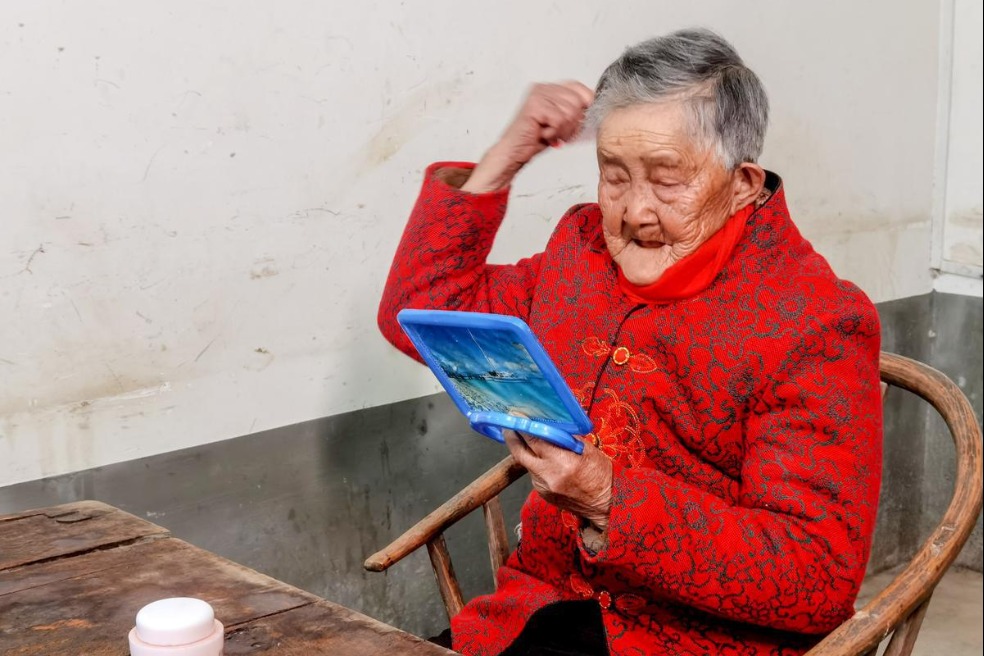Women work toward change






A1. At Deloitte, about 60 percent of employees are women and nearly 40 percent of partners are women. The percentage is very high. We have the Deloitte Women of Impact program to help female employees be more confident and enjoy different roles in life. To encourage employees to develop their careers at the same time as taking care of their families, we provide many flexible working arrangements.
A2. I actually don’t like being asked this question. To me, it’s already a discrimination. Why are men not asked about how they balance life and work. My life and work is in harmony. I enjoy every role in my life. Don’t consider it stress being a mom, a wife and a professional. Enjoy each role as men do.
A3. Being a full-time mom is fully acceptable in China. It’s a personal choice. If a mom decides to spend more time with her children and put her work life on hold, it’s totally fine. For example, a colleague in my team decided to spend more time with her newborn, so I suggested a part-time arrangement and flexible working hours. But she turned that down and chose to be with her baby, which is perfectly fine. We know she’ll return to the workplace after a period of time.
A4. For me, it is always about merit, confidence and personal choice. For example, when Deloitte promotes partners, performance is what matters, not gender. Also, sometimes when we talk to female employees about promotion, they turn it down because they want to spend more time at home with their family. It’s their choice, and I respect that.
"At Deloitte, about 60 percent of employees are women and nearly 40 percent of partners are women. The percentage is very high. We have the Deloitte Women of Impact program to help female employees be more confident and enjoy different roles in life. To encourage employees to develop their careers at the same time as taking care of their families, we provide many flexible working arrangements."
Jiang Ying sees herself as a link between the private sector and the government.
Jiang, who is a member of the 13th National Committee of the Chinese People's Political Consultative Conference and deputy CEO of Deloitte China, said, "My roles are never in conflict."
As a professional, Jiang specializes in tax, understands business and is familiar with the practices within that sphere. As a national political adviser, she has the opportunity to relay issues and questions raised by enterprises to the government, which can help create a more friendly environment for businesses.
Her proposals are about enterprises' long-term sustainable development as well as the development and evaluation of charity organizations to ensure they are trustworthy.
"I see myself as a bridge between the government and business," Jiang said. "By accumulating information on practices and questions, from a micro level, it can serve as research for the government to improve regulations."
Being deputy CEO of Chinese operations for Deloitte-a global professional services company-means Jiang's diary is always full. "I normally get up at 6 am. After preparing breakfast for my child, my day usually starts at 7:30, when conference calls start to come in," she said.
Jiang spends one-third of her time dealing with client matters, one-third on managing the company, and the rest out in the field, including serving in her role as a political adviser.
Regarding time management, the mother of two said the key is not to make time, but to arrange it properly based on the top priority.
For example, Jiang once set a goal to lose weight and arranged to exercise for one hour daily during lunch.
"When it was on the calendar, my assistant knew not to plan anything for me during that hour," she said. "This is the key, to arrange time for yourself, otherwise people will always schedule your life for you."
In 1990, while in her junior year at Fudan University in Shanghai, Jiang decided to transfer to the United States to study business and accounting.
"I wanted to go out to see a bigger world," she said. She joined Deloitte's office in Atlanta in 1995, and has since spent 23 years with the company based in Atlanta, New York and Shanghai.
She returned to China in 2000. At the time, Deloitte China had fewer than 300 employees-but today it has about 15,000.
- 4th TCTCP established: boosting standards for tropical agriculture
- Quzhou emerges as a cultural and tourism destination
- Shanghai sees surge in international arrivals
- Former Moutai chairman under investigation for misconduct
- Shanghai railway staff becomes popular with rapid typing, spoken English
- Giant pandas celebrate first year in Chongqing with snowy spectacle

































